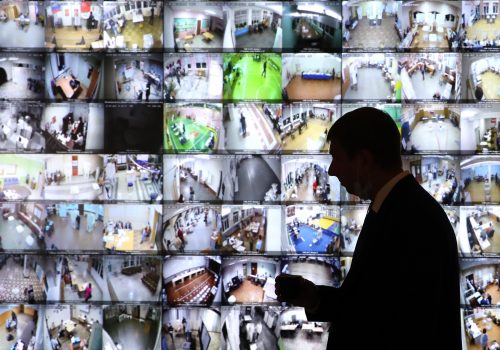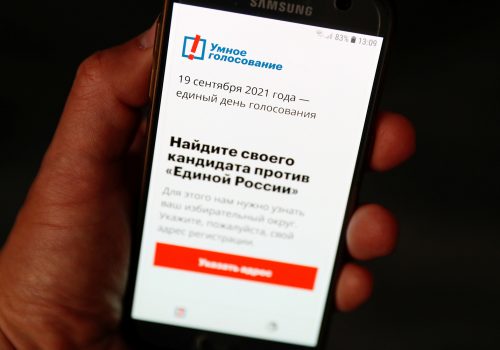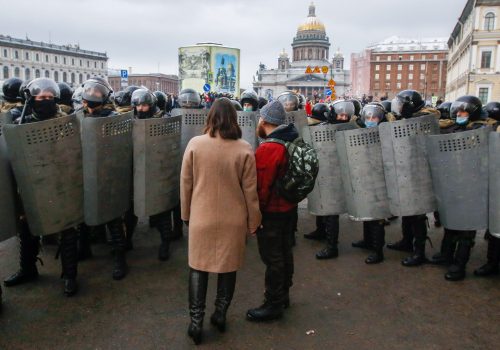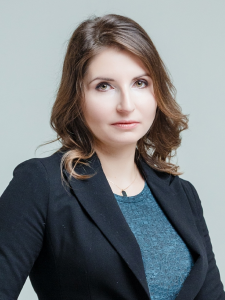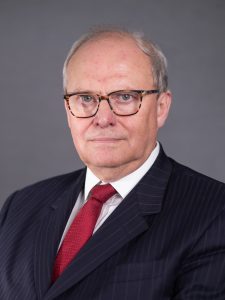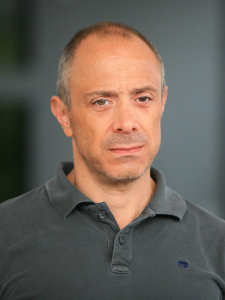Russian opposition leader Alexei Navalny was immediately detained by authorities upon his return to Russia on January 17, nearly five months after Kremlin agents attempted to poison him. Just two days later, Navalny’s team released a two-hour documentary video that exposed the staggering corruption undertaken by President Vladimir Putin on his rise to power, punctuated by the $1 billion palace Putin built for himself with his graft. This video has garnered over 95 million views on YouTube. Navalny’s arrest sparked peaceful protests throughout Russia that have been met by a heavy police hand and thousands of arrests. Just how strong is Navalny’s opposition movement? And how will the Kremlin respond to the most significant rebuke of its power in years?
Dr. Anders Åslund, resident senior fellow at the Atlantic Council’s Eurasia Center, Vladimir Kara-Murza, chairman of the Boris Nemtsov Foundation for Freedom and vice president of the Free Russia Foundation, Vladimir Milov, Russian opposition politician and an economic adviser to Russian opposition leader Alexei Navalny, and Dr. Maria Snegovaya, nonresident fellow at the Eurasia Center, join to assess what Navalny’s return means for Russia and the country’s opposition movement. Ambassador John Herbst, director of the Eurasia Center, moderates.
spotlight
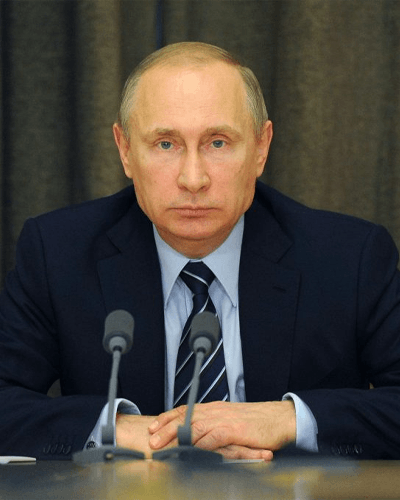
The Kremlin and the Russian people
Putin’s Russia
Russia was the dominant republic in the former Soviet Union and took tentative steps toward an open society and market economy in the 1990s. But during the early 2000s, under leader Vladimir Putin, its direction changed. At the end of the 1990s, this quasi-democracy pivoted to an authoritarian direction.
RELATED experts

The Eurasia Center’s mission is to promote policies that strengthen stability, democratic values, and prosperity in Eurasia, from Eastern Europe in the West to the Caucasus, Russia, and Central Asia in the East.
